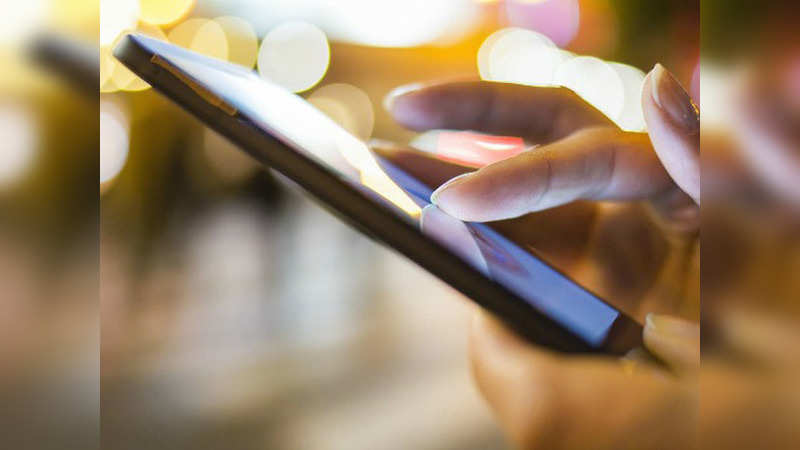10 ways to protect and save your Android smartphone from hackers
10 ways to protect your Android smartphone from hackers
Contents
Smartphones have become an integral part of our daily lives. We use them for shopping, ordering food, booking cabs and movie tickets, making payments and whatnot.
That said, we store a lot of confidential information, such as passwords and credit card details, on our smartphones.

Use a PIN/password on the lockscreen
Always use a PIN or a password to protect your smartphone. Adding this security layer to your smartphone can help a lot. And if you are someone who has a hard time remembering passwords, you can go for a pattern lock instead.

Lock apps on your device
Only using a password isn’t always enough. You should lock individual apps (especially those like mobile wallets and online shopping) with passwords as well. There are plenty of ways to go about it. For instance, certain smartphones come with the built-in app locking functionality.

Download apps from trusted sources
Download apps only from trusted sources such as the Google Play Store. Also, don’t forget to check ratings and reviews of an app before hitting the download button. Checking the privacy policy of the app you are downloading is a must as well.

Read app permissions before downloading an app
This is another important step to keep in mind. When downloading an app from the Google Play Store, make sure you read the complete information about all the data it will have access to, once downloaded. For example, if a payment app has access to your phone’s camera, you obviously know that it isn’t required.

Download Android Device Manager
You’ll thank us for this. We feel Android Device Manager is one of the most useful apps by Google out there. If you ever happen to lose your Android smartphone, Android Device Manager can help you locate it.
The app can come in really handy in tracking and getting back lost or stolen Android devices. It can even be used to factory reset devices remotely, provided the functionality has been configured properly beforehand.

Google Authenticator is a must have
You can bank on Google Authenticator to add an extra layer of security to your accounts. It is Google’s app to enable two-factor authentication. The app makes it easy to get time-bound authentication codes for logging into accounts for which you have two-factor authentication enabled. What’s best about Google Authenticator is that it works offline, and even for some non-Google services.
Download an Antivirus app
Sounds very obvious, but it is a critical step to follow, considering the kind of important information our devices have. So don’t forget to install an antivirus app.

Avoid using public Wi-Fi
Always avoid using public Wi-Fi networks if you can. You can never be sure if they are 100% safe. Also, make sure your phone doesn’t automatically connect to Wi-Fi networks when in their range. Always keep Wi-Fi switched off when it’s not required.
Configure Bluetooth settings properly
Firstly, make your device is set as ‘Non-discoverable’ in its Bluetooth settings. That’s because if they are always set as visible, smartphones are more prone to getting targeted by hackers. Just like Wi-Fi, Bluetooth should also be kept switched off when not in use.

Never root your device
No matter how tempted you may feel, don’t root your smartphone. While rooting has its benefits, it also makes your smartphone vulnerable to malware and other such attacks.



